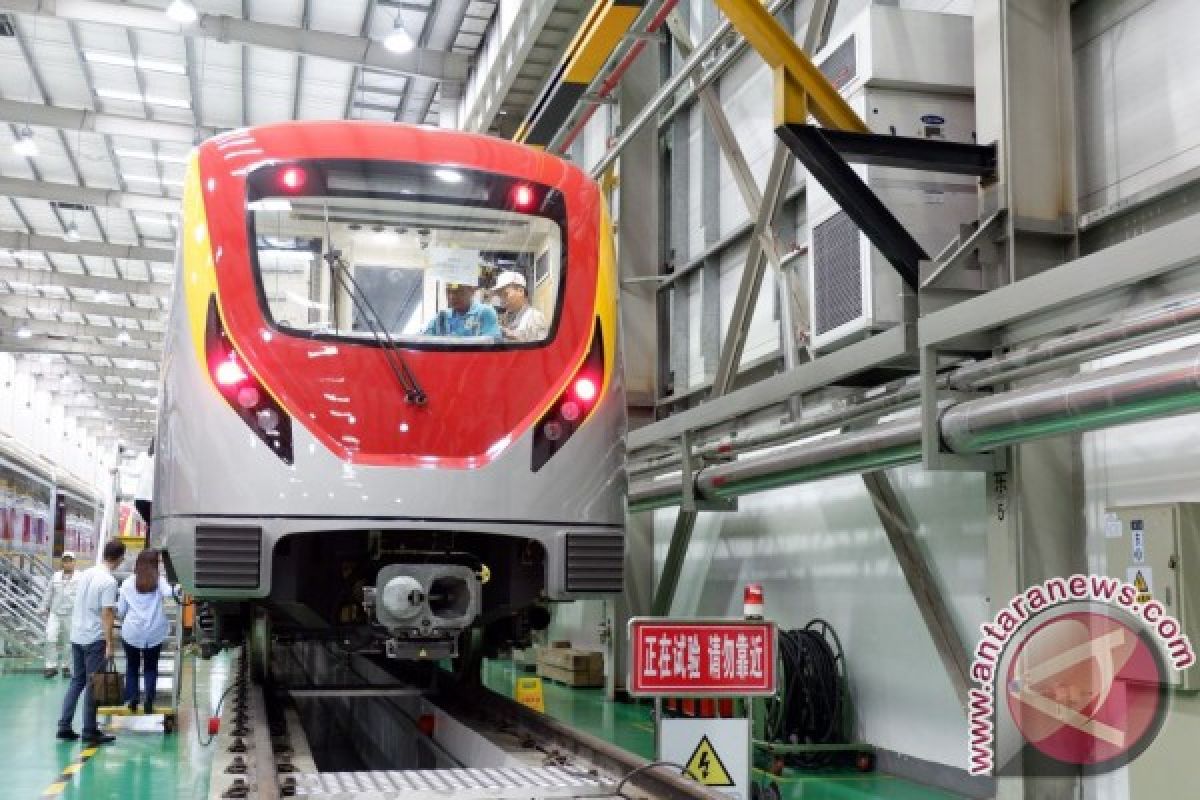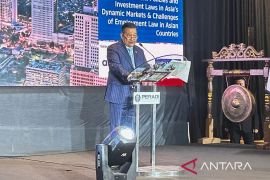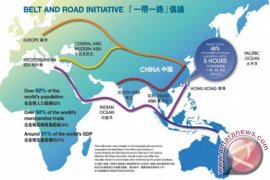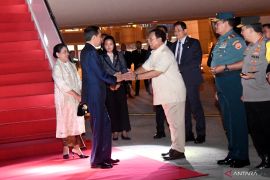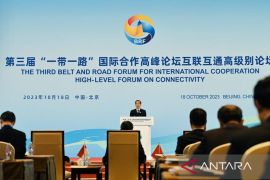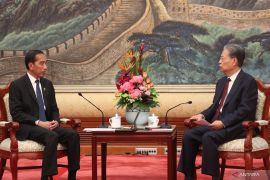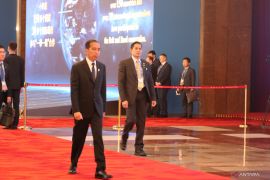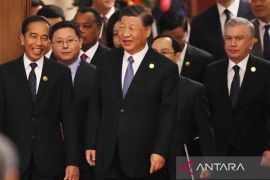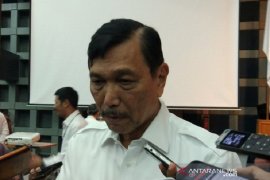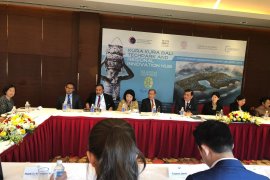In order to promote this strategy of regional economy integration, Chinese local governments and companies are encouraged to build more intensive relations with their international partners.
Such mission led three city governments of Beijing, Nanjing, and Changsha to invite journalists from ASEAN countries, including Antara, to visit China and learn more on how the BRI would benefit not only China but also the world development.
"The initiative is very broad, it is indeed a great vision so every province or city needs to focus on its own strength to push our passion of going global," Deputy Director of Foreign and Overseas Chinese Affairs Office of Changsha Municipal Peoples Government, Miao Hua, told Antara last September.
During a ten-day visit consisted of company visits, a seminar and tourism activities, a total of ten journalists from Indonesia, Thailand, Malaysia and the Philippines are invited to observe Chinese strong industries and how they develop cooperation with other countries.
The ten companies and three local governments that Antara had talks with, have been establishing cooperation or eying Indonesia to expand their businesses.
Among the biggest are companies from Jiangsu Province which are currently running 24 businesses in the archipelago with the total investment of some projects reaching US$32 billion.
"Jiangsus overseas projects in Indonesia is the largest compared to other Asian countries," Hang YouFei, Deputy Director of Foreign Investment and Foreign Affairs Division at the Development and Reform Commission of Jiangsu Province said in the capital of Nanjing.
Several major projects that have been running include nickel and iron mines worth US$995 million, a US$ 350 million cement industry and a $310 million industrial estate development for rubber, agriculture and oil refineries.
One of the companies in Jiangsu also financed the development of an industrial park in East Kalimantan, which integrates the agricultural and industrial sectors.
The economic zone that began operating actively since 2013 run by eight companies worth a total of US$1.1 billion. Revenue on sales of various products generated from the industrial estates is expected to reach US$2 billion by 2019.
The export value of Indonesian products to Jiangsu also recorded a significant increase of 54.8 percent in the first half of 2017.
It indicates, according to YouFei, that the province located on Chinas eastern coast has promising trade links with Indonesia as well as other countries in Southeast Asia.
"This means that Jiangsus foreign trade has great potential for further growth in the future," he said.
With a value of US$1.7 billion, Indonesia exported commodities in 2016 consist of agricultural products such as rubber, rice, and palm oil; mineral products such as steel and iron; as well as textile products.
Meanwhile, Jiangsus export value to Indonesia in the first half of 2017 reached 2.61 billion US dollars, an increase of 8.9 percent over the same period last year. Jiangsus export commodities to Indonesia are dominated by mechanical and electrical products.
In addition to Jiangsu, China Communications Construction Company Ltd. (CCCC) is eying more than 10 projects in Indonesia including construction of toll roads, ports, industrial zones and real estates.
"Our current projects in Indonesia worth about US$1.2 billion especially in infrastructure and real estates," Vice President of CCCC International Pen Dapeng told Antara.
One of the biggest project carried out by Beijing-headquartered company is the US$300 million of Solo-Kertosono toll road which construction has started in 2016.
CCCC has also completed feasibility study reports for infrastructure projects in western Indonesia namely ring road in Java Island, port of Kuala Tanjung in North Sumatera, industrial zone of Bitung in North Sulawesi as well as a real estate in Jakarta.
However, the construction phase of those projects is still awaiting approval from the Indonesian government.
Challenges
Supported by a large area and population, Indonesia is continuously attractive to Chinese investors for business development.
The archipelago has become increasingly compelling also for investment and business expansion since the Indonesian government under President Joko Widodo launched various national infrastructure projects to support its connectivity and economic growth.
The Investment Coordinating Board (BKPM) recorded that China is still included in the three major investors of Indonesia. In the first quarter of 2017, foreign direct investment from China reached US$0.6 billion or 8.2 percent of the total FDI.
Head of BKPM Thomas Trikasih Lembong said that the record is reasonable concerning that China continues to grow as the worlds second largest economy.
China has helped building some megaprojects in Indonesia namely Suramadu bridge that connects Java and Madura island, Jatigede dam in West Java, coal power plants, palm oil industry as well as the ongoing construction of Jakarta-Bandung high-speed train.
However, the high interest of Chinese to do business in Indonesia must be supported with the resolution of some business challenges.
Land acquisition, government funding and rapid changing positions of authorities are among challenges that Chinese businessmen should face while doing business in the country.
Vice President of CRRC Zhuzhou Locomotive Co. Ltd. Luo Chongfu said that the progress of the three target projects in Indonesia is not quite good due to the governments constraints.
The Indonesian government, according to him, has a long-time project planning that range from 3-4 years and uncertainty in terms of funding.
"For transportation projects around the world, the funding will be governments responsibility. We find it is quite difficult to work on a project that uses the PPP scheme such as in Indonesia," he noted.
Indonesian government and companies must also make sure that Chinese massive business expansion and investment will not create new problem to the nation, such as the flow of thousands of Chinese illegal workers entering the country that became serious issue a few months ago.
(KR-BSR/B003/B019)
Reporter: Yashinta Difa
Editor: Bayu Kuncahyo
Copyright © ANTARA 2017
